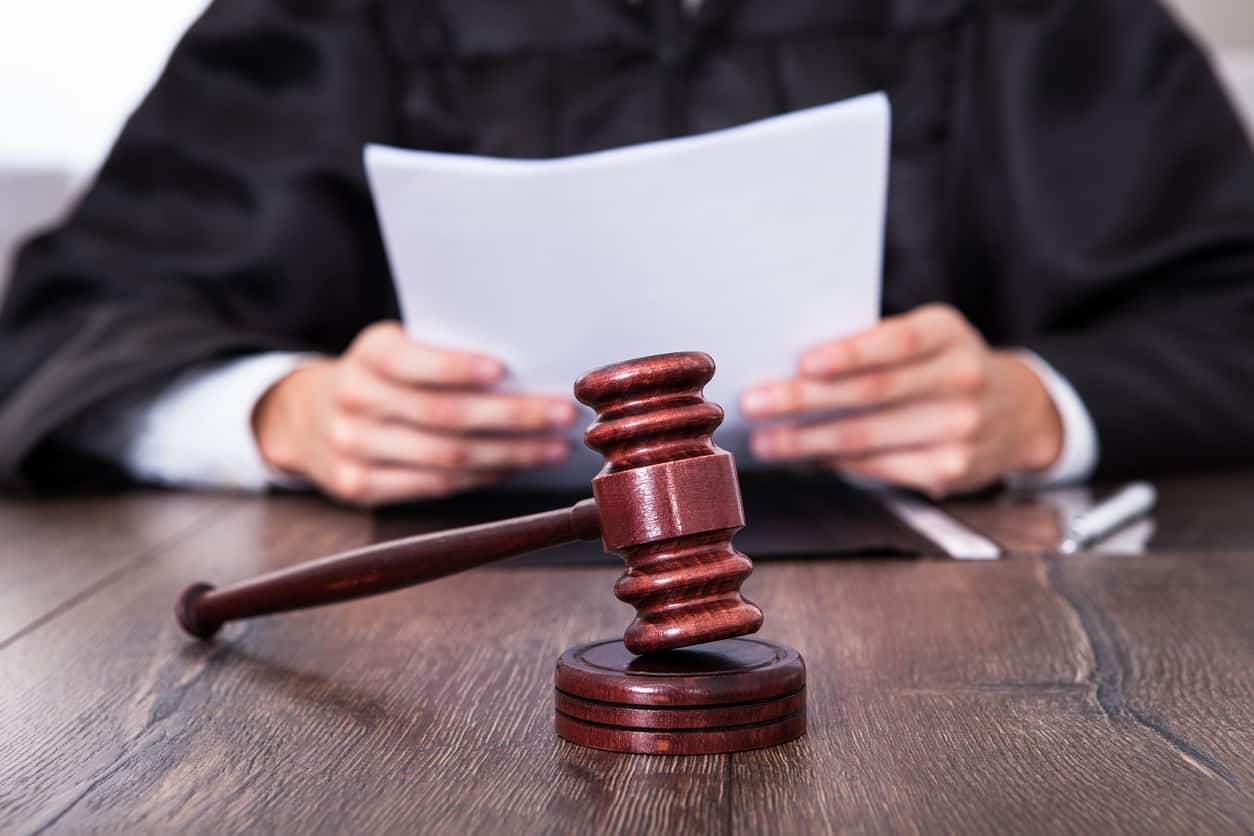Jury Returns Verdict in Favor of Plaintiff in Second Roundup Trial

On February 25, Edward Hardeman’s Roundup lawsuit went to trial. Three weeks later, a federal jury returned a verdict in his favor. After four days of deliberation, the jury decided that exposure to glyphosate – the active ingredient in Roundup weed killer – was a “substantial factor” in the Hardeman’s cancer diagnosis.
Second Roundup Trial Will Continue to Phase Two
In 2018, a San Francisco jury ordered Monsanto to pay $289 million to a man they believed developed cancer after years of constant exposure to Roundup. After the loss, the company complained about how evidence was introduced to the jury at trial. Specifically, Monsanto was upset that jurors were able to consider evidence suggesting that the company manipulated evidence and maliciously misled the public about the dangers of glyphosate.
In an appeal, Monsanto asked a judge to change the procedures for future trials. It argued that the cases were very complex. A judge agreed, ordering all future trials to unfold in two distinct phases.
Phase One: Jurors consider whether or not glyphosate is a “substantial factor” in the plaintiff’s cancer diagnosis.
Phase Two: Jurors consider Monsanto’s liability, if any, for the plaintiff’s injuries.
Trials can only proceed to the second phase if jurors determine that glyphosate is carcinogenic. Monsanto was likely banking on the fact that jurors would be confused by conflicting scientific studies. If jurors couldn’t unanimously agree that glyphosate caused cancer, Monsanto’s liability could never be questioned.
Jurors to Consider Monsanto’s Liability
The recent verdict in Hardeman’s trial indicates that Monsanto was wrong. The jury did, in fact, unanimously agree that glyphosate contributed to the plaintiff’s cancer. Now Monsanto’s specific role will be litigated at trial. If the jury finds that Monsanto is liable, it can order the company to pay Hardeman for medical bills, lost wages, pain and suffering, and other damages.
